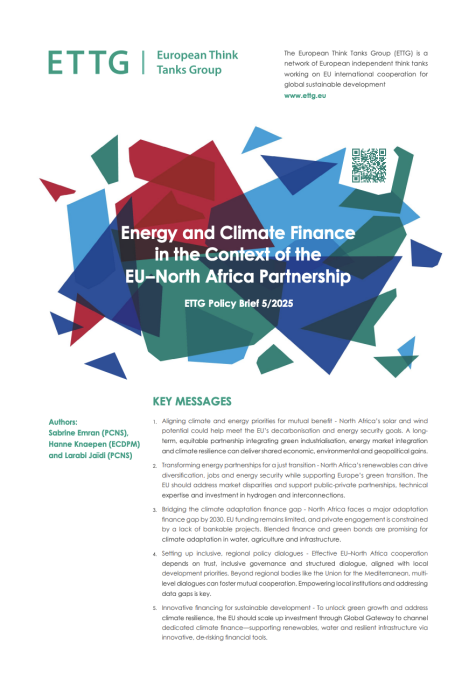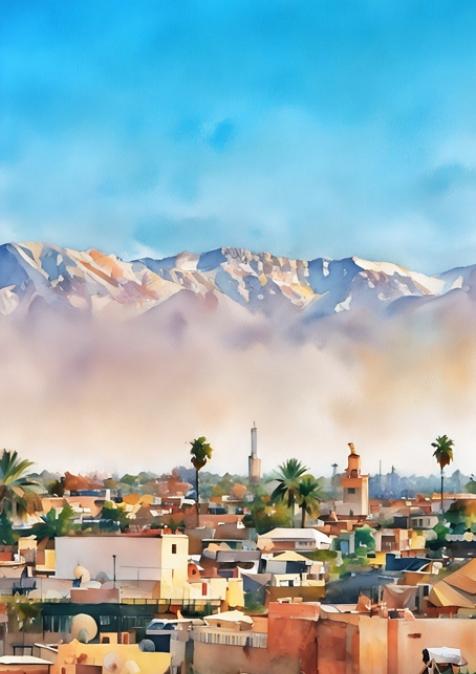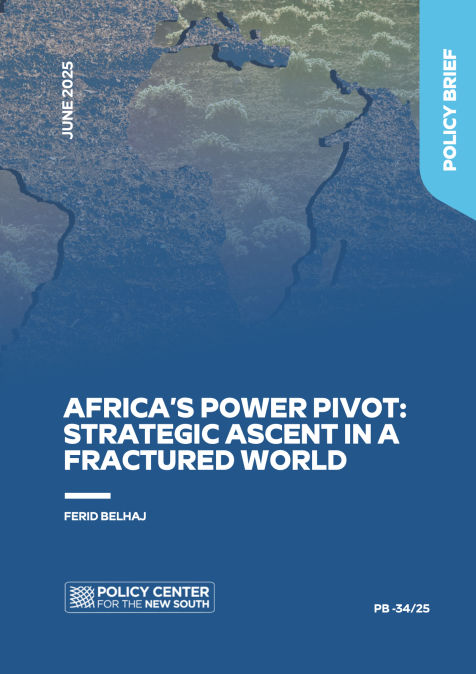Publications /
Policy Brief
Since 2013, armed conflict has raged in the Central African Republic, between the largely Muslim Seleka rebels and the predominantly Christian militias (known as the anti-Balaka). Rebel groups are controlling broad swathes of the country, exploiting mineral wealth, and levying taxes on cattle migration. Non-state actors such as the Popular Front for the Governance of the Central African Republic (FPRC), which claims to “govern” the country’s northeast, have severely tested the authority of the government in Bangui. Reporters have taken to referring to the Western-backed government in Bangui as a “failed” or even “phantom state” – and speak of CAF’s sundry “ministates.” Is CAF a “failed state” as Western observers claim? What type of governance do rebel groups provide? What happens when a rebellion or civil war shatters a country’s socio-political order? This lecture will interrogate the concept of “state failure,” tracing its roots in Western political theory, examining its policy application over the past 15 years, and recent contestations of the concept by scholars of Africa.
Unlike Karl Marx who saw the state as an instrument of the ruling class – the “executive committee of the bourgeoisie” – and the liberal philosophers who viewed the state as an arena where domestic interests compete, the German theorist Max Weber understood the state as a “continuous organization” with a monopoly over the legitimate use of violence within a given territory. In Weber’s influential definition, a state must have a permanent administration, a military establishment that maintains order, and a bureaucratic apparatus that collects taxes to finance the administration and military. Weber’s conception of the state grew out of the specific context of 16th century Europe, the protracted wars between myriad political actors (which Thomas Hobbes’ would term the “state of nature”); the struggle between monarchs, nobles and princes, amidst a crumbling feudal order and a persistent Holy Roman Empire. The state’s triumph as a political unit, outcompeting kinship based autocracies, feudal polities, and the Church itself, was “acknowledged in the Peace of Westphalia (1648) is commonly cited as the origin of today’s interstate system.”1 This bureaucratic apparatus would then be exported to the rest of the world through colonial conquest.










